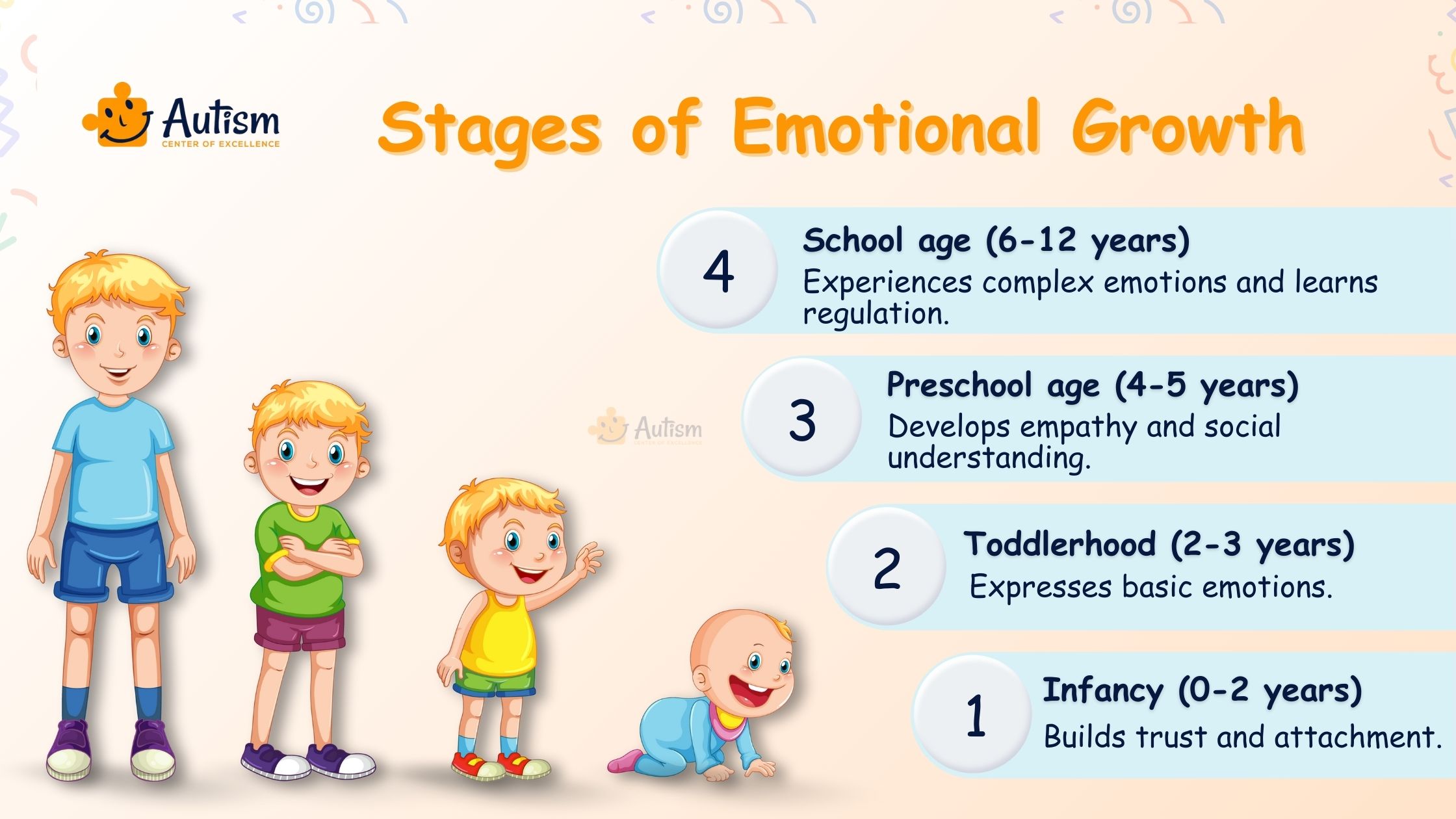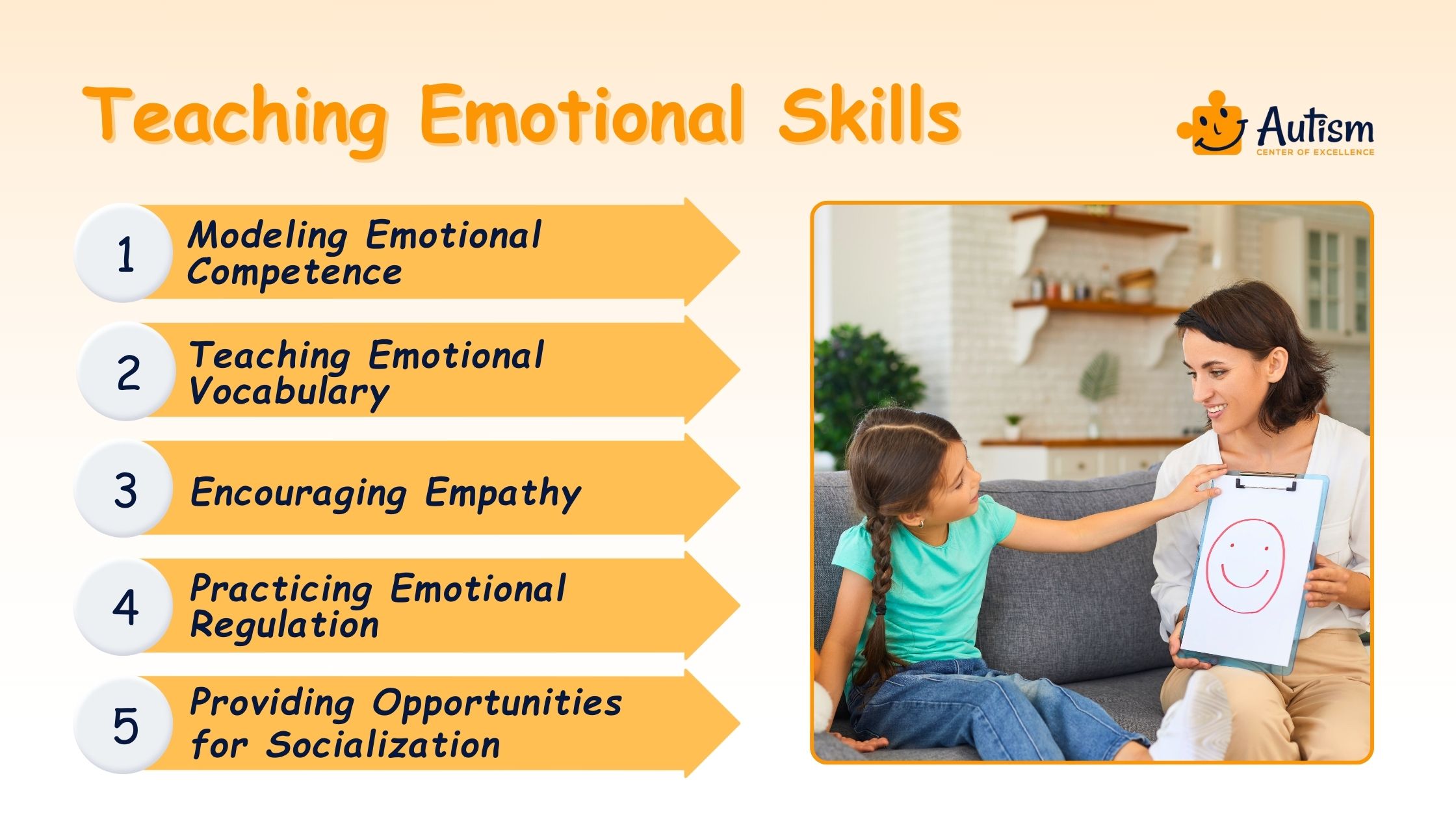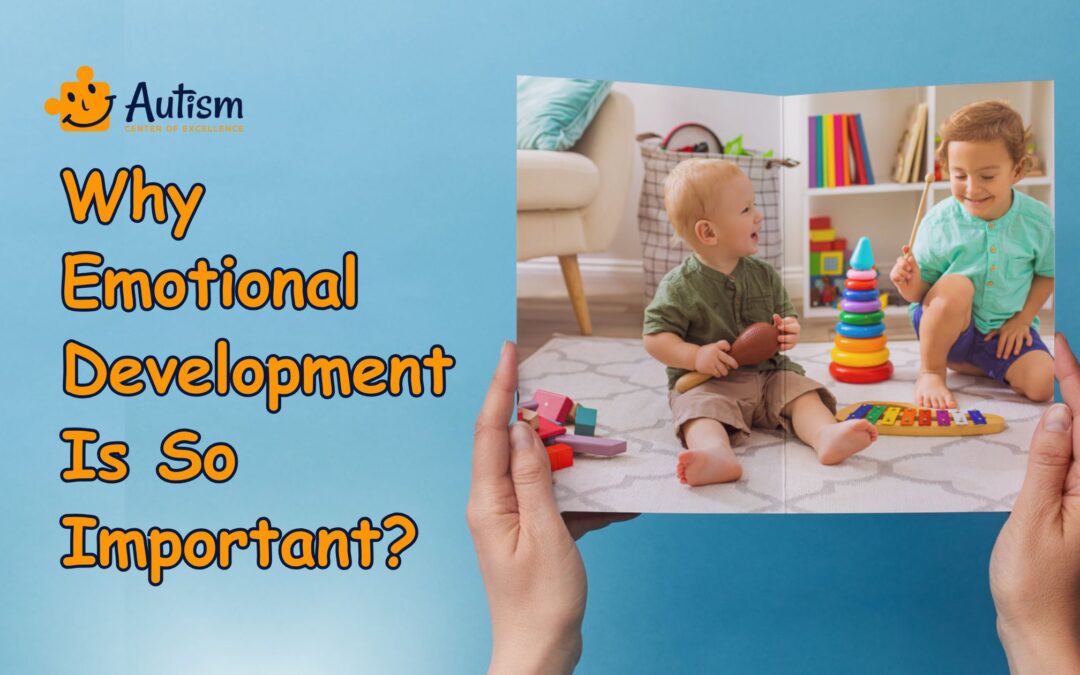Emotional development is a vital aspect of human growth, and it plays a crucial role in shaping our relationships, academic performance, and overall well-being. In early childhood education, emotional development is particularly important, as it lays the foundation for future social, emotional, and academic success. In this article, we will explore the concept of emotional development, its benefits, stages of growth, and strategies for teaching emotional skills.
What Is Emotional Development?
Emotional development refers to the process by which children learn to recognize, understand, and manage their own emotions and develop empathy for others. It involves the development of emotional competence, which includes the ability to recognize and express emotions, regulate emotional reactions, and develop social skills. Emotional development is influenced by a combination of genetic, environmental, and social factors, and it is shaped by interactions with caregivers, family members, and peers.
The Benefits of Emotional Development
Several beneficial developments for children in terms of emotions are enhanced social interaction, academic performance, and mental health. Children with the ability to develop strong emotional skills have better capacities to create healthy relationships, better capacities to achieve academic success and develop resilience in managing challenges. Emotional development is also linked to improved mental health outcomes, that is, decreased anxiety and depression.

Stages of Emotional Growth
Emotional development occurs in stages, with each stage building on the previous one. The stages of emotional growth include:
- Infancy 0-2 years: In infancy, basic trust and attachment to caregivers are developed, forming a foundation for further emotional development.
- Toddlerhood 2-3 years: Toddlers start developing emotional awareness by recognizing and manifesting simple emotions such as happiness, sadness, and anger.
- Preschool (4-5 years): Learners start to feel for others and develop empathy, which is the beginning of social skills.
- School age (6-12 years): At school age, children develop emotions into more complex kinds like pride, guilt, and shame, and they begin to develop emotional regulation skills.

Teaching Emotional Skills
Teaching emotional skills is an integral component of early childhood education. Techniques to teach emotional skills include:
- Modeling emotional competence: The caregiver/educator can model emotional competence by expressing and regulating their own emotions healthily.
- Teaching emotional vocabulary: Children learn to identify and express their feelings by learning vocabulary about emotions, including “happy,” “sad,” and “angry.”.
- Encouraging empathy: Ask children to imagine how others may feel about the situation while asking them to see things from other people’s points of view.
- Practicing emotional regulation: Some of the techniques with the help of which a child can learn to manage his emotions are counting and deep breathing.
- Providing opportunities for socialization: This provides opportunities for socializing wherein children will benefit from knowing their peers.
Teaching emotional skills to the child will enable the caregivers and educators to make the child develop emotional competence, thereby enabling the child to cope with needs in school as well as other demands in life.
Join Our Weekly Newsletters!
Subscribe now to stay updated with our latest email updates.
Conclusion
Emotional growth is the starting stone of any child and goes on to impact their social lives, academic success, and much more. As we have discussed, this development takes stages, where every stage allows for developing skills and independence in emotional competence within the child. Strategies for teaching emotional skills work to enhance and effectively improve a child’s ability to recognize, understand, and manage their emotions, allowing a child to achieve a better sense of resilience and also a healthier social interaction method.
Autism Center of Excellence offers valuable resources, including ABA Therapy, Early Intervention, School Readiness Programs, Speech Therapy, and Occupational Therapy for children aged 2 to 14. These programs are tailored to meet unique needs in home and center-based settings, ensuring emotional and developmental support is accessible. Partnering with such organizations helps families equip their children with the skills needed to thrive.
Please Note: The content of this blog is for informational purposes only and should not be considered a substitute for professional medical advice, diagnosis, or treatment. Consult a qualified healthcare professional for personalized guidance tailored to your specific situation.

A Belief In Every Child’s Potential
Start your child’s specially developed program for Autism Spectrum Disorder (ASD) to increase communication, social interaction, safety awareness, and independent living skills while reducing challenging behaviors.

